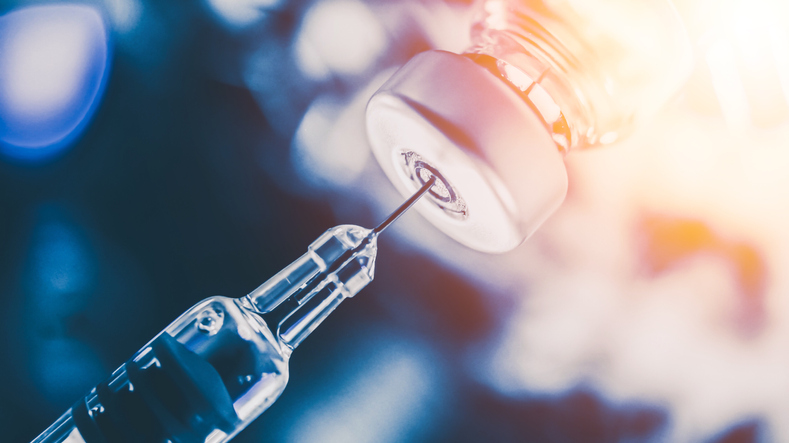

Launched in February this year, Movimento Unidos pela Vacina (the ‘United for Vaccines Movement’) aims to have Brazil’s entire population vaccinated against the coronavirus by September 2021.
Collaboration between civil society, the private sector, and public authorities is central to this initiative. From the beginning, business leaders have been voluntarily dedicating their time and effort to ensure the arrival of vaccines to all of Brazil’s 5,570 municipalities.
Rather than being directly involved in the purchase of vaccines, the Movimento Unidos pela Vacina focuses on establishing collaborative agreements to streamline and boost efficiency in the vaccine rollout process, whether concerning storage, transport logistics, distribution, or the administering of the vaccines themselves. The initiative also maps Brazil’s vaccination process while running advertising campaigns that stress these vaccines’ importance for the population.
With a second wave of the pandemic currently bringing Brazil’s health system to the verge of collapse, urgent and coordinated action must address the institutional and logistical challenges to immunizing the more than 200 million people who live in Brazil.
This sense of urgency has thus led Mattos Filho to join together with Movimento Unidos pela Vacina, reaffirming the collaborative nature of the firm’s DNA – evident since the very beginning of the pandemic, when Mattos Filho stepped up its work with companies and civil society organizations focused on health, social assistance and income generation projects.
Furthermore, the pandemic has deepened the social and economic inequalities, affecting Brazil’s most vulnerable populations above all. Via the firm’s pro bono legal practice, we assist refugees, immigrants, women in situations of violence, the LGBTQIA+ community, and those within the criminal justice system. Recently, the firm has also begun to work in favor of indigenous organizations, which represent a section of society subject to frequent human rights violations. As of December 2020, the death rate from Covid-19 among indigenous populations was 16% higher than the national average.
Given Brazil’s enormous regional and economic differences and its large size, the challenges involved in vaccinating the entire Brazilian population by September 2021 are also vast. As is often the case, any initiative of this magnitude must consider the numerous legal issues related to administrative, regulatory, and compliance matters. Relationships between the private sector and public agents must be ethical and transparent, strictly complying with current legislation and with the single objective of preserving the population’s health security.
In this sense, Mattos Filho believes that Brazilian law – and its inherent social function – can contribute to avoiding both the continuation of the more than 3,000 coronavirus deaths per day currently taking place in Brazil and the perpetuation of the social and economic crises looming over the country. For this reason, we emphasize the importance of efficient, transparent, and coordinated public-private cooperation to guarantee positive health outcomes for the population, as well as the resumption of socially-minded public policies, economic activities, and our future projects.



